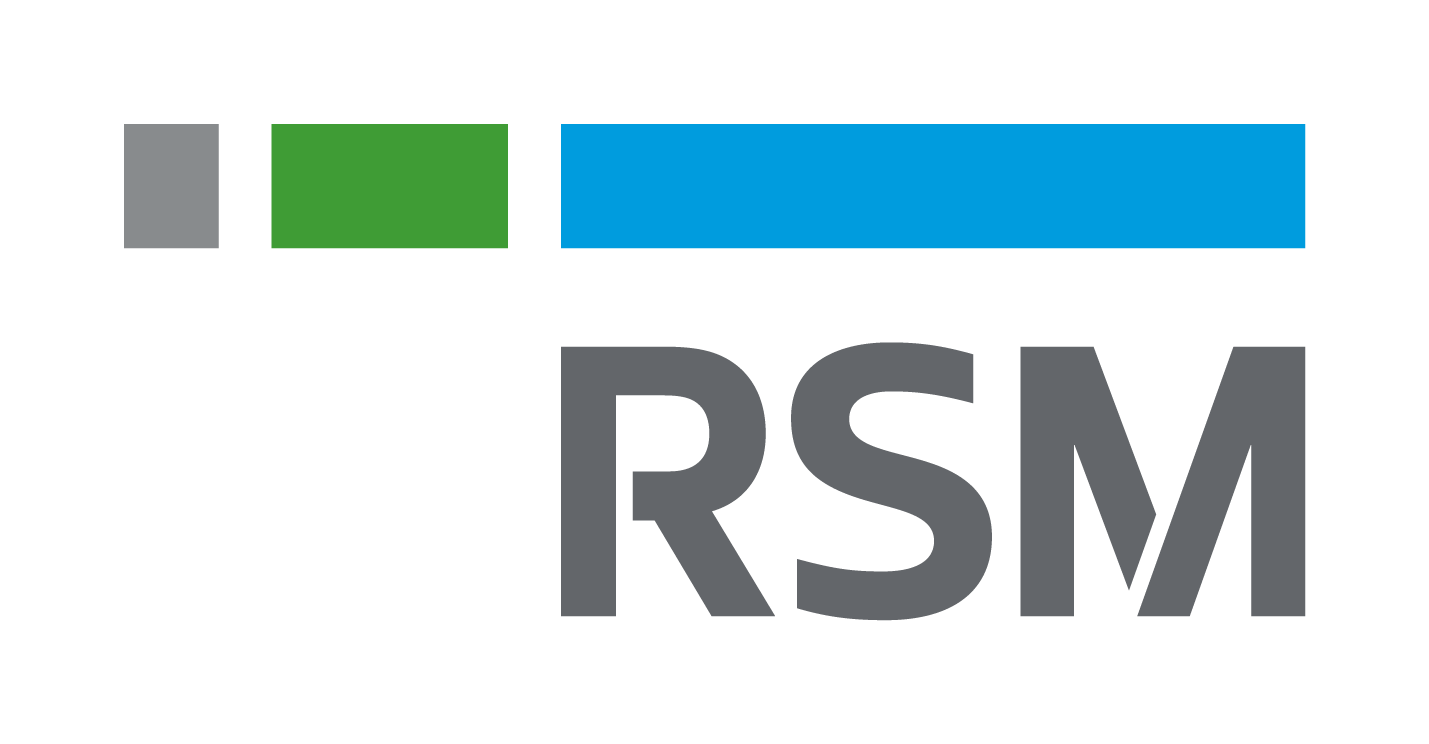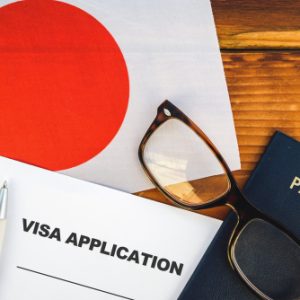Comparing a Subsidiary Company and a Branch Office in Terms of Obtaining Permits and Licenses in Japan
July 15, 2019
Question:
Between a Japan subsidiary company and a Japan branch office, which would make it easier to process/receive the various permits and licenses in conducting business within Japan?
Answer:
Generally, there are several cases where a Japan subsidiary company would find it easier.
Explanation:
Although this is not always the case, below are common patterns companies encounter when it comes to the tax they are required to pay.
Requirements in getting various permits and licenses
For businesses that engage in specialized industries to conduct such business in Japan, they need to obtain the necessary government (or local government) permits and licenses. As of April 2017, there are over 14,000 different types of permits (which includes detailed notification documents), where the required documents and review period vary as well. There are also certain requirements that must be met to be qualified to apply for a permit.
Requirements vary, but the three factors listed below are commonplace:
1. Human resource requirements (the presence or absence of qualified personnel; appointment of administrative personnel familiar with the industry)
2. Physical resource requirements (securing a location where business operations will take place, etc.)
3. Proprietary requirements (capital and net assets, etc.)
Human resource requirements and material requirements ⇒ No difference between subsidiary corporations and branch offices
Generally speaking, there are no differences between the requirements asked from subsidiary corporations and branch offices. This is because both would need “people” (human resource) and a “location” (physical resource) to conduct their business.
However, permits are only valid for individual “sales office” or “business office” units, and not the entire corporate unit. As such, there are cases where, for example, a corporation with sales/business units across several prefecture will need to process permits for each of their units in their respective locations. There may even be a need to process permits not only on a prefectural level, but also even on a municipal level. For example, let’s say a business entity whose head office is in Tokyo’s Shinjuku ward operates hotels in the Minato and Shinagawa wards, and in the city of Hachioji. The business entity would then need to process hotel operation permits with the local governing body with jurisdiction over each of their business units (hotels).
Proprietary requirements ⇒ More advantageous for Japan subsidiary corporations
A typical proprietary requirement is the existence of assets. There are some permits that require a standard asset amount, but a Japan branch office does not have assets such as capital allotted to it. As a result, there are permits that a branch office cannot obtain. This is why a Japan subsidiary corporation is relatively at an advantage in obtaining certain permits depending on their business. Some of the industries that have standard asset requirements in their permits include:
- General construction business – 5 million Japanese yen
- Special construction business – 20 million Japanese yen
- Class 1 Travel Operator (travel agency) – 30 million Japanese yen
- Class 2 Travel Operator (travel agency) – 7 million Japanese yen
- Class 3 Travel Operator (travel agency) – 3 million Japanese yen
- Area-specific travel agency – 1 million Japanese yen
- orker dispatching business – 20 million Japanese yen
- Fee-charging employment placement business – 5 million Japanese yen
In practice
In applying for permits, there are cases where documents such as financial statements and related information is asked. For a Japan branch office, this would mean additional time and costs due to having to request the information from the foreign company head office and have this information translated. While not actual requirement in applying for permits, a result of this, Japan subsidiary companies have an easier time in applying and obtaining approval for their permit applications.
Contact Us






